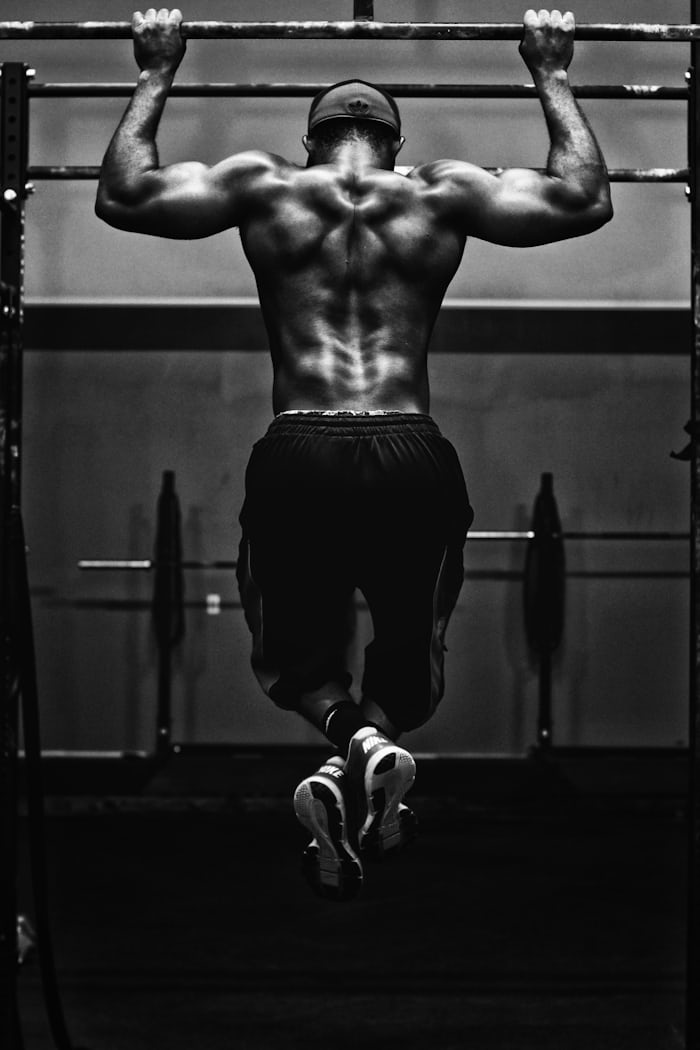Athletes can learn many lessons from poker players (Photo Unslplash License)
Many athletes go from succeeding in one sport to trying their hand at another one. Examples include Michael Schumacher, who, aside from being the most successful Formula 1 driver in history, spent time riding horses, playing football, and racing motorcycles. Another example is Usain Bolt who went from athletics to football. Many athletes also get involved in poker as a way to get their adrenaline fix, trying to apply some of their sporting tactics to games of Texas Hold’em with varying degrees of success.
However, skills can be transferred in the other direction too. The attributes of a good poker player can be applied by athletes in their chosen sport to gain an advantage. Here are some of the lessons athletes can learn from poker.
Don't Try to Out a Bully By Being A Bully
Sometimes we come up against bullies – whether we’re at work, in the gym, and even out in public. Bullies are often encountered in competitive sports too, playing aggressively, bending or pushing the rules, and exhibiting unsportsmanlike behavior. Athletes need to understand how to handle these people.
In poker, players will often find themselves up against bullies. These may be players that regularly place bets that are too big in a bid, just to intimidate others or to draw them into a war of who can wager the most. The best thing to do in this scenario is to focus on your own game, considering your own poker strategy, and not to get distracted.
The same applies to athletes. Never get drawn into a battle of who can break the rules the most. You will almost always lose that game. Rise against unsportsmanlike behavior, focus on your own game and your strategy. Not rising to a bully's bait will cause them to get flustered and make mistakes. Mistakes that you can capitalize on and use as an opportunity to win. And if the bully's tactics do help them succeed, then go home with your head held high in the knowledge that you did the right thing.
Be Patient and Persistent
Regular and persistent training is required for both poker players and athletes (Photo, Unsplash License)
You can’t win everything all of the time. While every athlete and poker player would love to be able to, it is simply not possible. The test of a good poker player is to be able to stay calm (or at least pretend to be) when the cards are not going in their favor. By knowing when to fold and when to bluff, a player can demonstrate discipline that will serve them well throughout a long tournament.
The same applies to athletes – training persistently, and not getting frustrated when things don’t go perfectly are essential traits. By staying calm and patient, athletes can bide their time, waiting for the opportunity to strike a comeback.
Train Hard and Practice Regularly
Poker is a game that is easy to learn but difficult to master. It takes many hours of practice to learn about different strategies and develop the ability to deploy them at the correct time. Many players use online poker services to practice outside tournaments as they can do it at a time and place that is convenient for them. By developing their skills regularly, they are better prepared for competitions as they have had time to understand the most appropriate ways to play different hands and how to respond to opponents.
Athletes must also practice if they want to perform well on game day. Fitness training ensures that they have the strength and stamina to perform at peak performance and last the entire game. While practicing ensures that the techniques are stored in muscle memory, with set pieces and tactics becoming automatic movements.
Learn From People Better Than You
Poker players know that they can learn from seasoned professionals who have been around for a while. Most successful professional players have coaches and mentors who have invaluable experience that they can pass on. Their advice may be on anything from how to play a particular hand, to how to respond to a particular type of player. They can also help spot any giveaways the player has when they are trying to bluff so that they can work on hiding them.
Mentors and coaches are useful in many areas of life, but especially so for athletes. In any profession, success and failure happen with relative obscurity, while for top-flight athletes, the opposite is true. These successes and failures are played out to audiences in the millions, many hoping you win, and many others hoping you don’t. This can be very stressful, so support and advice from people who have been in that position before can be invaluable in ensuring that athletes can remain in the right mental state to cope with this pressure.
Sports coaches and mentors can also provide the necessary support and advice on improving technique and performance. They are in the best position to be able to offer this since they have the first-hand experience. This is why many managers and coaches of sports teams are former players who retired and moved into a managerial role.
There are many things that athletes can learn from poker players – in particular, developing patience when things aren’t going in your favor, practicing as much as possible, not letting bullies get under your skin, and learning from those that are more experienced than you. This combination of skills is vital in achieving success, regardless of the discipline.









